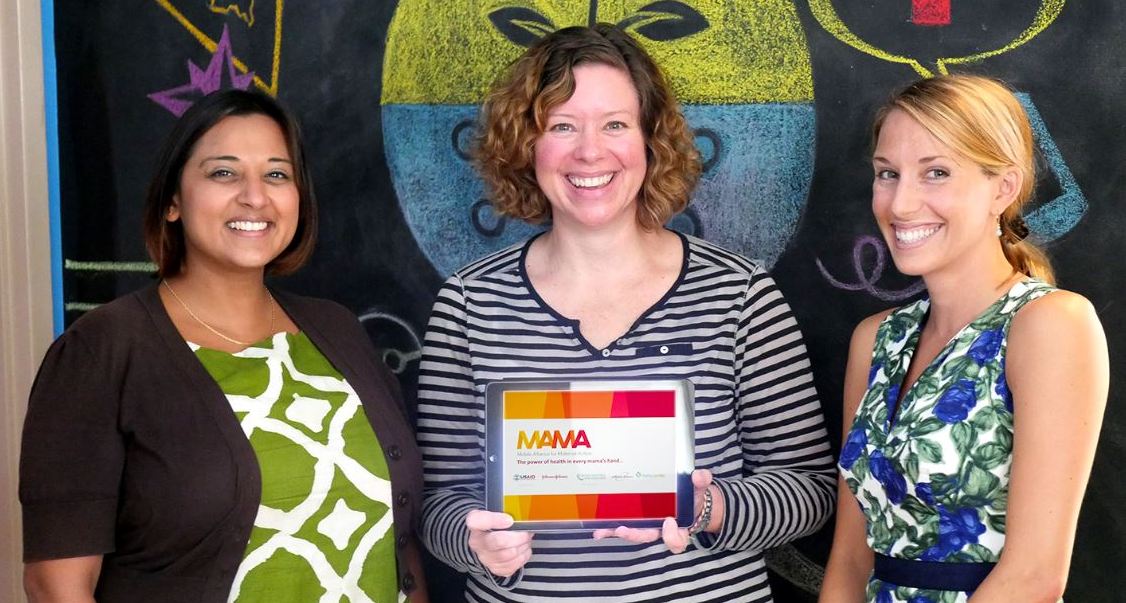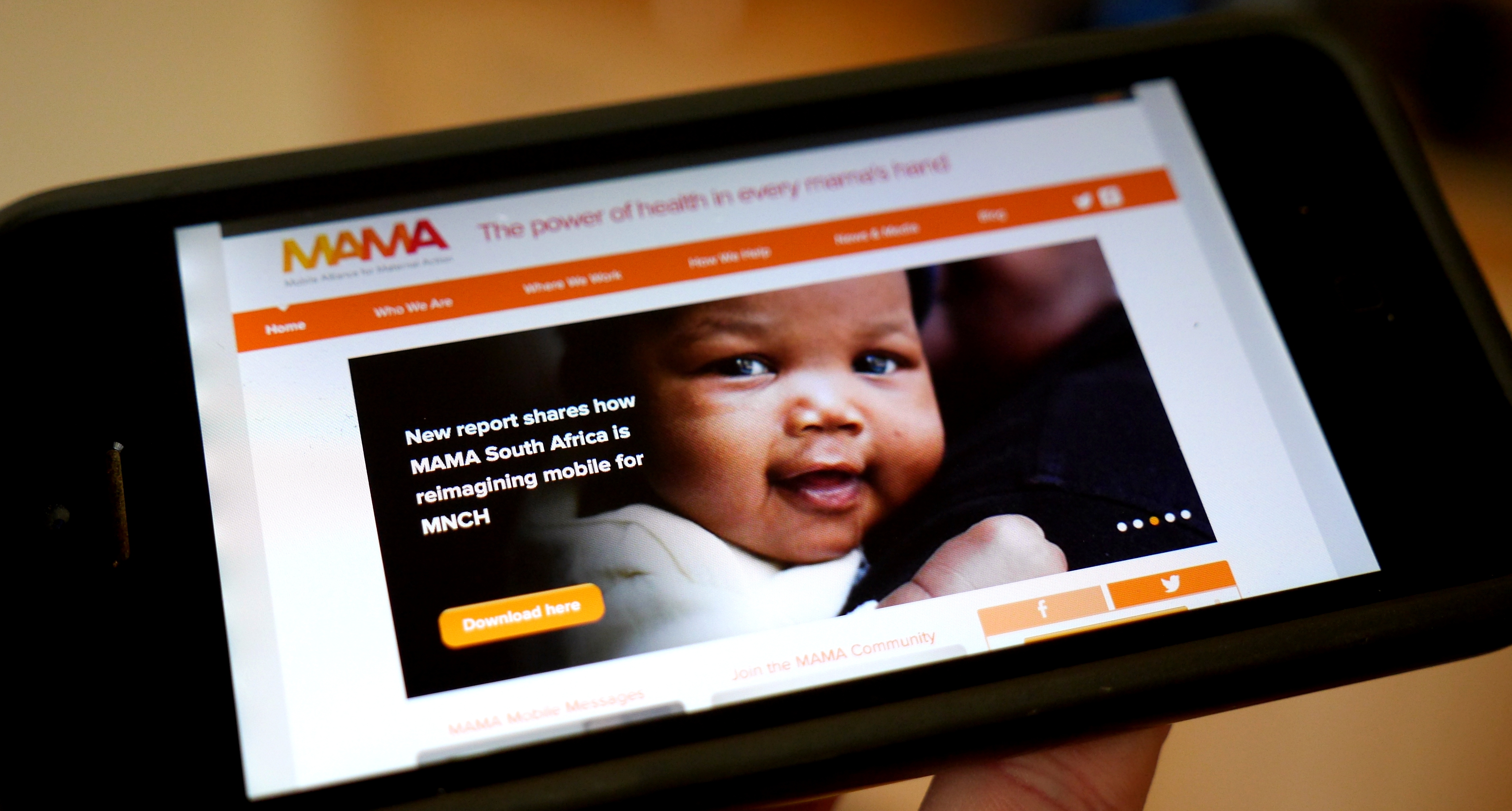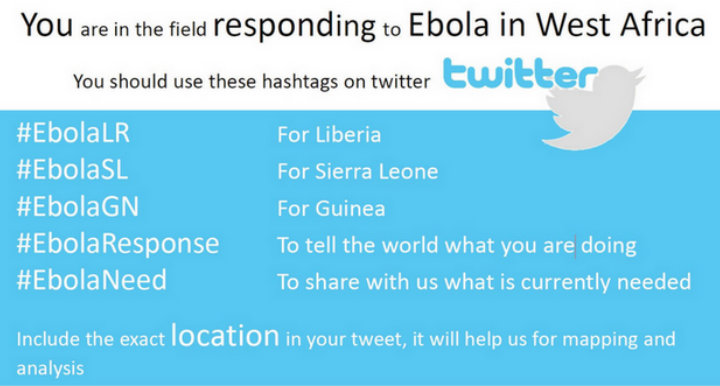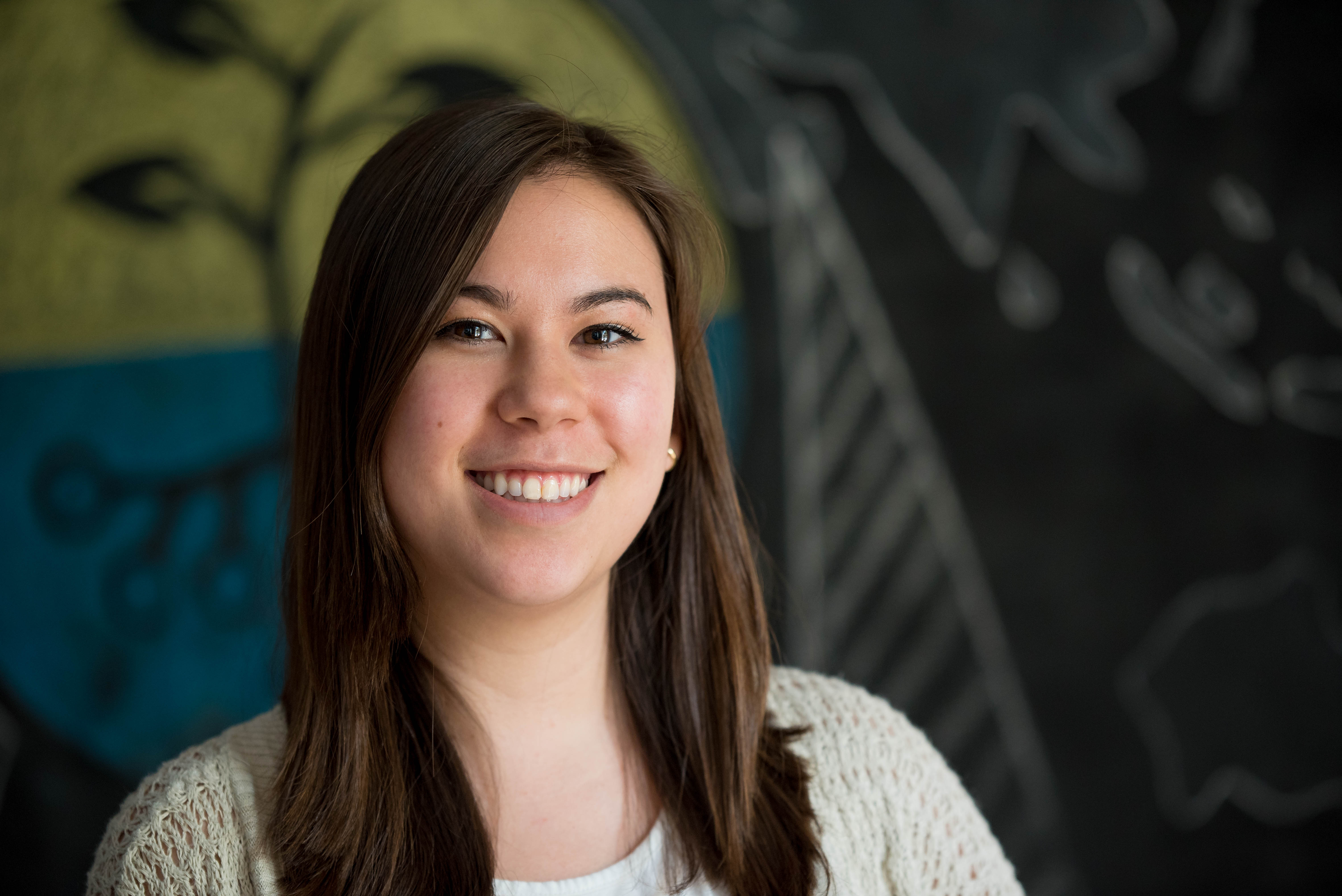As we were wrapping up a live course event with MAMA (the Mobile Alliance for Maternal Action) yesterday, we learned the exciting news: Facebook announced that MAMA has been included in the Internet.org app, along with other important women’s rights resources such as WRAPP (Women’s Rights App), and Facts For Life by UNICEF. Starting with Airtel subscribers in Zambia, Internet.org users will have a free Internet connection for accessing MAMA services, such as receiving vital health messages to new and expectant mothers in developing countries via their mobile phones.
In the past, efforts to spread internet connectivity through projects such as BRCK and Loon have focused on creating prototypes for spreading global internet infrastructure. The Internet.org app solves a different challenge: Making internet access affordable. The Facebook announcement explained the reasoning:
“Over 85% of the world’s population lives in areas with existing cellular coverage, yet only about 30% of the total population accesses the internet. Affordability and awareness are significant barriers to internet adoption for many and today we are introducing the Internet.org app to make the internet accessible to more people by providing a set of free basic services.”
As with previous announcements by Internet.org, there that there are concerns that offering these services could create a censorship backlash towards Facebook among governments wary of social media meddling among the otherwise disenfranchised. Others, such as Evgeny Morozov, expressed skepticism that Internet.org app represents a Facebook gateway drug where “development becomes just a means of making a buck.”
Still, there remain ardent supporters of the initiative. In responding to skepticism about the initiative, Internet.org released quotes from prominent individuals, such as Michele Barry, Professor of Medicine at Stanford School of Medicine:
“Connectivity is a powerful tool for change. The Internet.org app will help to connect people living in low-resource settings to basic information that they otherwise wouldn’t be able to access. For example, enabling mothers to access basic health information can lead to significant declines in child mortality and better health outcomes for the family. By providing free access to health resources like MAMA and Facts for Life, the Internet.org app will make a real difference in people’s lives.”

Pictured: The MAMA team after the August 4, 2014 event at TechChange
What do you think? Will Internet.org serve as a tool for empowerment or is it another way to make a buck? Are the two mutually exclusive? We hope you’ll tweet @techchange to share your thoughts!
No matter your conclusions, we hope that you’ll take this opportunity to learn more about the exciting work being done by MAMA.



